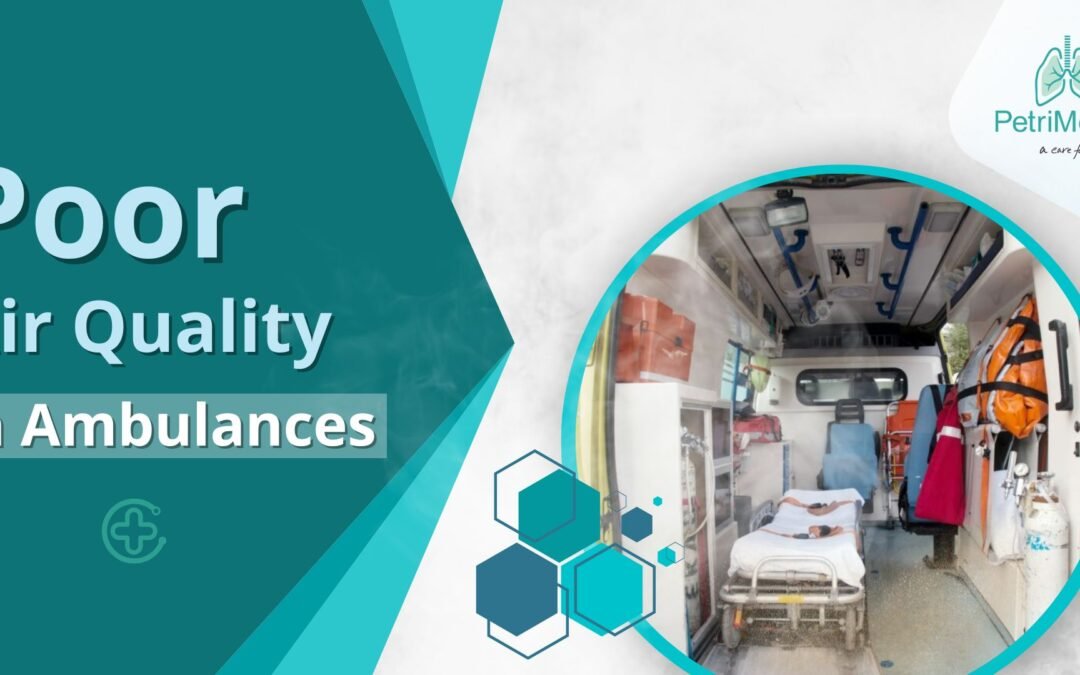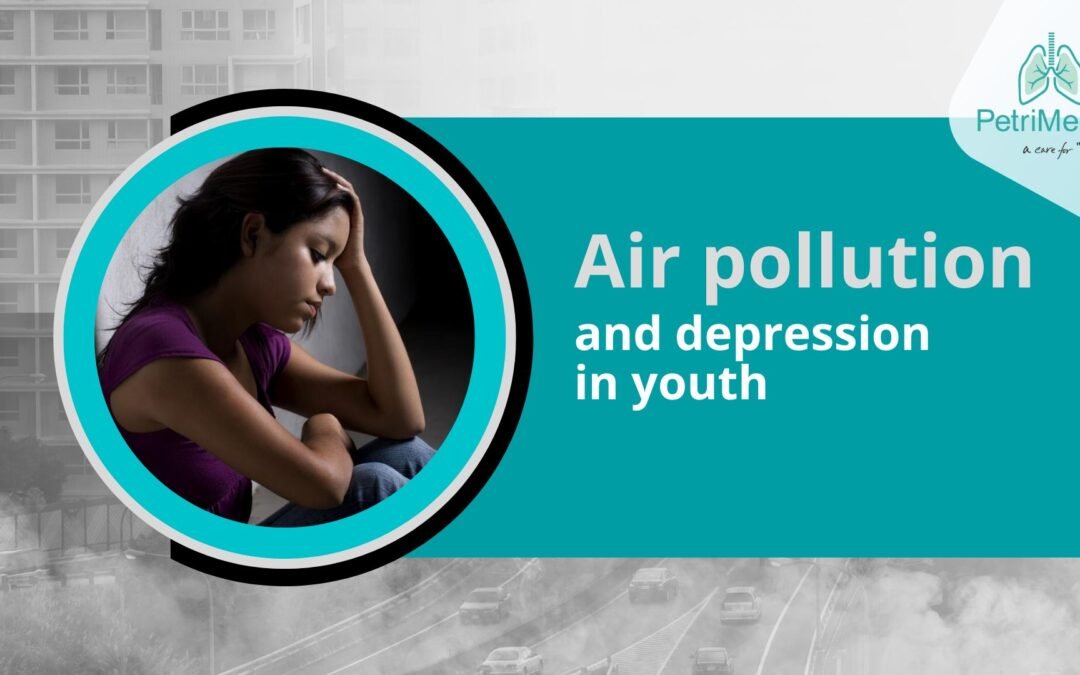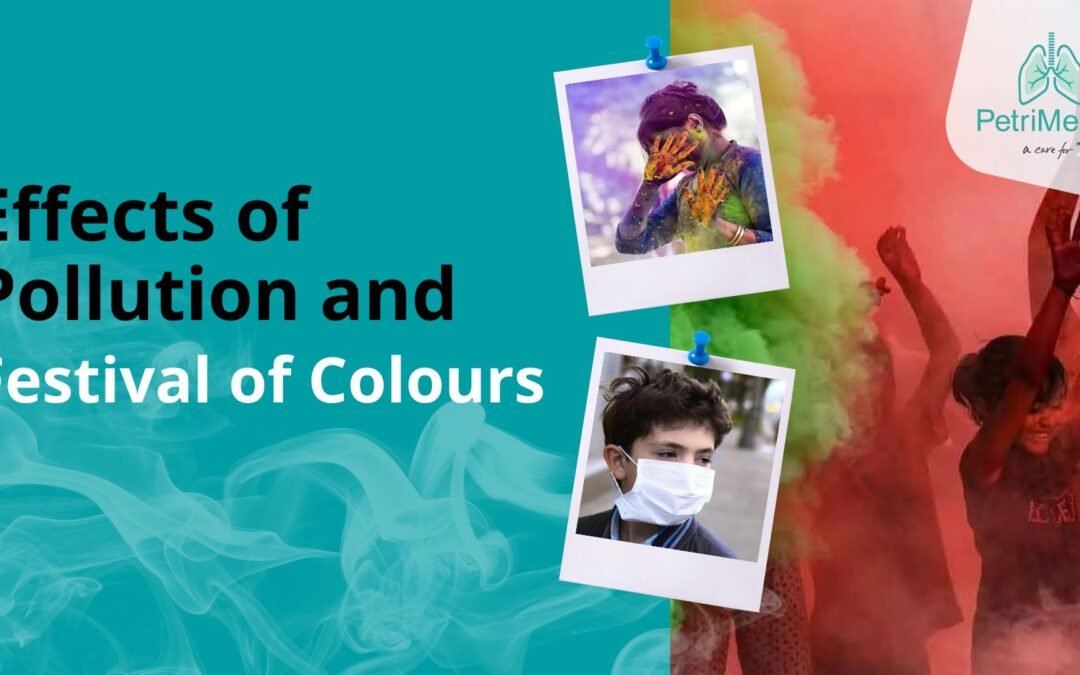Work addiction is the compulsion or the uncontrollable need to work incessantly.
Like any addiction, work addiction may stem from underlying psychological needs and may have a negative impact on health, relationships and ironically, job performance. Breaking a work addiction may require large and small actions on the part of the individual; however, supervisors should also work to create a culture where true time off is valued.
Is it possible to be addicted to work?
Yes, work addiction is a real condition. Workaholics felt the “compulsion or the uncontrollable urge to work incessantly” and much like alcoholism (and other addictions), work addiction has been known to damage an individual’s health, happiness, interpersonal relationships and ability to function socially.
There is a very thin line between being a “workaholic” and being dedicated, ambitious, innovative and responsive. Employees are exhorted by managers to insistently go “above and beyond”. Raises, out of turn promotions, incentives and other perks are handed out to those who take on “additional responsibilities.” If an employee refuses a task because it’s not part of his/her job, they’re at risk of being viewed as difficult and “not a team player.”
Contemporary researchers however, make an important distinction between “work addiction” and “work engagement”, the difference here comes down to motivation. “Engaged” workers are driven to work because they find it intrinsically pleasurable – they truly enjoy it – while “workaholics” are driven to work because they feel an inner compulsion, an uncontrollable urge to do so.
What causes workaholism?
Much like substance abuse/addiction, there are myriad reasons why someone becomes addicted to work. The first and most basic is that, work addiction fulfils an underlying psychological need to satisfy an urge to remain engaged and the individual immerses in work tasks. Similar to alcohol or other substances, work can become a means to escape, rather than facing and dealing with uncomfortable or unpleasant feelings and situations. The worker may literally escape a situation by going to work outside regular hours, or this escape can be more figurative – perhaps instead of paying attention to family or personal dynamics, they think about work-related topics.
Work addiction may also stem from overcompensation. If someone feels less competent in another area of their life – family, social life, hobbies, etc. – they may devote excessive time and energy to work-related tasks in order to achieve that feeling of competency and validation.
The worker may also be reliving old patterns. It could be related to an inability to establish boundaries, attempts to gain approval, or a trauma-related coping mechanism.
Work addiction may also be the result of underlying or coexisting mental health conditions, particularly ones such as obsessive-compulsive disorder or bipolar disorder. In addition, work addiction can also cause conditions like depression if not treated.
What are the symptoms of a workaholic?
Someone with a work addiction may show classic signs like working long hours, prioritizing work over other responsibilities and obligations, or being obsessed with work-related success. However, these symptoms may manifest differently in different people.
Psychotherapist identified four types of workaholics:
Procrastinating workaholics, who put off work until the last minute and then rush to finish.
Bulimic workaholics, who either perform perfectly or not at all.
Attention-deficit workaholics, who begin multiple projects, but get bored and move on to other challenges.
Bureaupathic workaholics, who prolong tasks and create additional work.
It’s important to keep in mind that there are no clear-cut parameters when it comes to identifying work addiction. It’s natural to want a list of boxes to check off that will provide a definite yes or no answer, because conditions like addiction are rarely ever so simple. With that in mind, there are a few things we can look out for as potential indicators of work addiction:
Working long hours when not necessary
Losing sleep in order to work
Work-related obsessions
Paranoia and intense fear over work performance
Deteriorating relationships with others as a result of work
Neglecting personal health and well-being due to work
Missing significant events or milestones due to work
Any of these traits on their own, or that occur infrequently, are not necessarily definitive proof someone is addicted to their work. But multiple statements that apply to someone over a period of time may indicate a more serious problem.
How do I break my work addiction?
To be honest : There is no simple fix for work addiction. I know that’s not the cheeriest conclusion to come to, but it’s best to rip the Band-Aid off fast. It’s time to face the situation and to find out what we can do in order to break the dangerous cycle, do keep reading and we shall let them know soon.
Please complete the blog by arriving at a point where one cannot avoid working due to job compulsions vs workaholism. In either case ambient air remains same at places where people spend all the time fulfilling their urge – due to compulsion or addiction, and end up with another ill-effect or consequence of impure air.Air Purifier system

Vaping Is A High Risk For Young Hearts
For decades, the news had been so good. The number of teenagers smoking tobacco products was falling. “Billions of dollars, tons of manpower and effort, were spent on informing y.oung people about the harms of smoking,” said a cardiologist. “And we were successful. Smoking rates across…

Is Your Home’s Air Clean?
The air we breathe in a closed space affects our health and ability to fully contribute to society and live a healthy our healthiest lives. For over two years, the impact of COVID-19 has highlighted that how clean indoor air plays an important role in response and recovery — the spread of the virus can be reduced…

Risk of Ambient Concentration of Particulate Matters Associated with Ambulance Services in India
An ambulance is a medically equipped vehicle which transports patients to treatment facilities, such as hospitals. Typically, out-of-hospital medical care is provided to the patient during the transport. Ambulances are used to respond to medical emergencies by emergency medical services…

Air Pollution has Become The Source Of Depression In Youth – (Part 2)
NO₂ is the most significant air pollutant affecting children’s cognitive development. The brain uses these skills while thinking, reading, memorizing, noticing, paying attention, making decisions, language awareness…

Air Pollution Has Become The Source Of Depression In Youth – (Part 1)
Teenagers go through many bodily changes in their adulthood. For example, external factors such as air pollution and stressors make their life difficult. The stress caused by air pollution can lead to teenage depression and other effects on their bodies. As air pollution levels subsequently increase…

The Impact of Using Synthetic Colours in Holi on Human Health
In India with the arrival of springtime just after monsoons, it begins the season of festivities with love, warmth, and a sense of togetherness. And Holi, also known as the festival of colours, marks the beginning of the festive season, which is celebrated all through the nation with fervour…

Air Crisis: India’s Toothless Pollution Response
We are at a crossroads on our path to clean air, and the decisions we take now will influence the air that current and future generations breathe. At this juncture, embracing the principles will align us with the path of sustainable development we have committed to nationally and globally…

Science Behind Smog and Its Dangerous Implications with Solutions
As the winter season approaches and the subsequent smog approaches, health experts have warned that respiratory related problems will inevitably rise for residents especially in Delhi and the National Capital Region. Delhi-NCR Air Quality Index (AQI) has been a point of concern for years together.


0 Comments